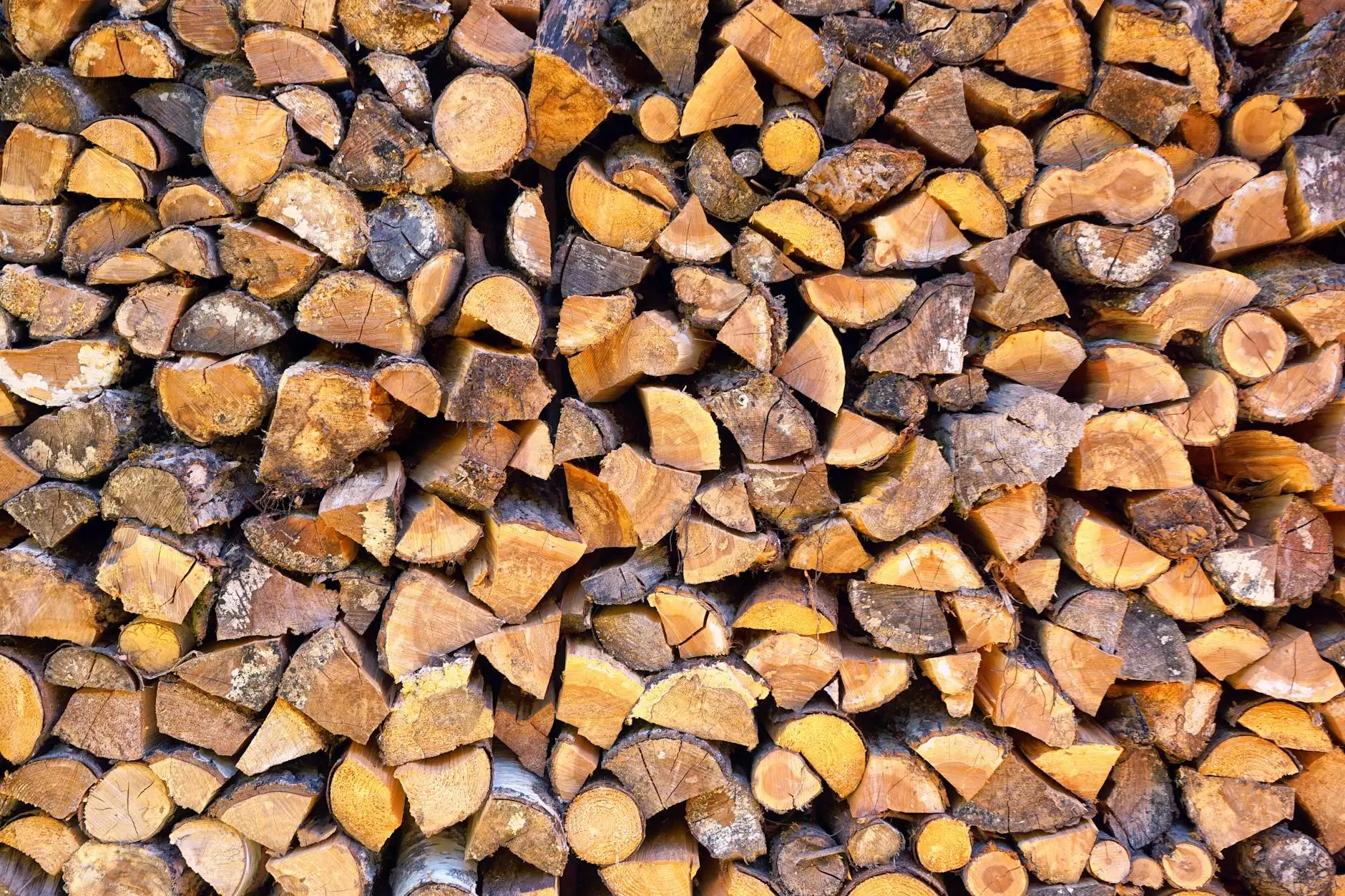The Definitive Guide to Timber Wood Suppliers

In today's fast-paced world, the demand for sustainable and high-quality materials has never been greater. When it comes to construction, furniture making, and various other applications, timber wood suppliers play an indispensable role. This comprehensive guide aims to unpack all the essentials you need to know about navigating the timber market, understanding timber products, and finding reputable timber merchants that can meet your business needs.
Understanding Timber: The Backbone of Construction
Timber has been a fundamental building material for centuries. Its natural aesthetic appeal, versatility, and strength make it a preferred choice for a wide array of applications. From construction framing to decorative furnishings, the importance of timber cannot be overstated. Here’s why:
- Durability: When properly treated and maintained, timber can last for decades, making it a cost-effective solution.
- Eco-Friendly: Timber is a renewable resource, and many suppliers practice sustainable logging to minimize environmental impact.
- Insulation Properties: Timber naturally insulates against heat and sound, making it ideal for residential and commercial constructions.
The Role of Timber Wood Suppliers
A timber wood supplier is pivotal in securing the right wood materials for various projects. Knowing the role they play can help you make informed decisions. The key functions include:
1. Providing Quality Products
Quality is paramount when selecting a timber supplier. Reputable suppliers ensure that their wood meets stringent quality standards through strict grading processes. This guarantees that you receive timber suitable for your intended use.
2. Offering a Variety of Timber Products
A good timber wood supplier will have a diverse range of products, including:
- Softwood: Typically more affordable, softwoods such as pine and fir are commonly used in interior construction and furniture.
- Hardwood: Species like oak, maple, and cherry are often chosen for their durability and rich finishes, perfect for high-end furniture and fixtures.
- Engineered Wood: Products like plywood and MDF offer flexibility and strength, suitable for various applications.
3. Supporting Sustainable Practices
Eco-conscious consumers are more inclined to choose suppliers committed to sustainability. Many reputable timber wood suppliers engage in responsible sourcing, thus supporting sustainable forestry practices that help preserve forests for future generations.
Choosing the Right Timber Merchant: Key Considerations
Selecting the right timber merchant can significantly affect your project’s outcome. Here are some vital aspects to consider:
1. Reputation and Reviews
Researching a supplier's reputation can save you time and money. Check online reviews, request references, and inquire about previous projects to gauge their reliability and service quality.
2. Product Range and Availability
Ensure your chosen timber merchant has a wide selection of products in stock. Availability can affect your project timeline, so opt for suppliers that can promptly meet your needs.
3. Pricing Structure
While cost shouldn’t be the only factor, understanding the pricing models is essential. Compare quotes from multiple suppliers to ensure competitive pricing without compromising quality.
Exploring Timber Product Varieties
The variety of timber products available can be overwhelming. Below are some commonly used timber products, along with their applications:
- Dimensional Lumber: Typically used in construction for framing, the dimension in its name reflects its standardized sizes.
- Decking: Outdoor spaces attract clients with beautiful wooden decks. Various timber species are suitable for decking, each offering unique visual characteristics and durability.
- Paneling: Timber paneling adds warmth and sophistication to interior spaces, widely used in residential and commercial projects.
- Flooring: Hardwood flooring is sought after for its aesthetic appeal and longevity, making it a high-demand product in the building sector.
- Furniture Components: From tabletops to cabinetry, timber is integral in producing functional yet fashionable furniture pieces.
Sustainability in Timber Sourcing
As a responsible consumer, you should be aware of the environmental impact of timber sourcing. Sustainable timber suppliers employ practices such as:
- Reforestation: Planting trees to replace those harvested is crucial for maintaining ecological balance.
- Responsible Logging: Identifying and engaging suppliers that adhere to strict logging regulations ensures that forests are not depleted.
- Certification: Look for products certified by organizations such as the Forest Stewardship Council (FSC) to ensure ethical sourcing.
Future Trends in the Timber Industry
The timber industry continues to evolve with changing technologies and consumer preferences. Emerging trends include:
- Engineered Wood Products: These are gaining popularity for their strength and versatility, making them suitable for modern architectural designs.
- Smart Timber: Innovations such as IoT-enhanced timber products, which monitor conditions and durability, are on the rise.
- Growing Demand for Eco-Friendly Products: With the increase in environmental awareness, more consumers are seeking environmentally friendly materials, boosting the demand for sustainably sourced timber.
Conclusion: Empowering Your Business with Quality Timber
In conclusion, understanding the role of a reliable timber wood supplier is crucial for any business involved in construction or woodworking. By prioritizing quality, sustainability, and the right product selection, you can significantly enhance your project outcomes. Whether you’re searching for timber merchants or specific wood products, remember that the right partnership can make all the difference. For more information about high-quality timber options and reliable partnerships, visit vptimbertradingsia.com.
Frequently Asked Questions About Timber
What is the best type of timber for outdoor use?
For outdoor use, rot-resistant woods such as cedar or redwood are ideal. They naturally withstand harsh weather conditions and are less prone to decay.
How can I ensure I'm purchasing sustainably sourced timber?
Look for certifications such as FSC or PEFC when buying timber. These certifications indicate that the timber has been sourced responsibly, adhering to environmental and social standards.
Are engineered wood products comparable to solid wood?
Yes, engineered wood products can offer equivalent or even superior strength and stability compared to solid wood, making them suitable for various applications while often being more cost-effective.









